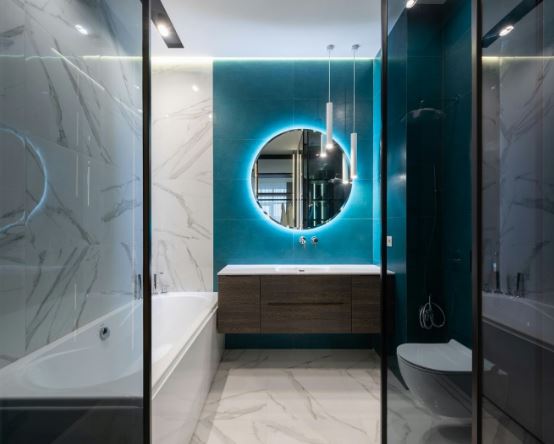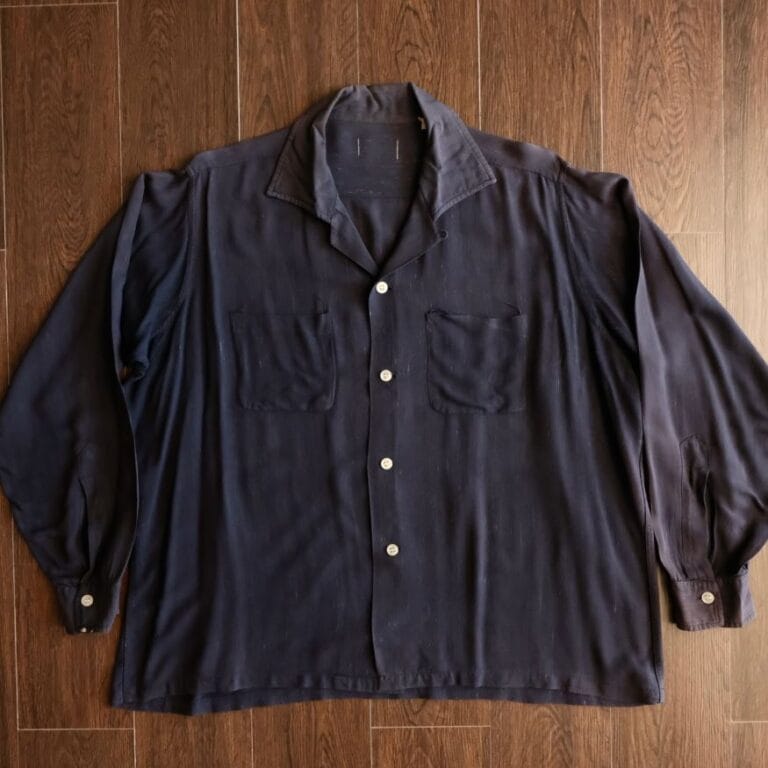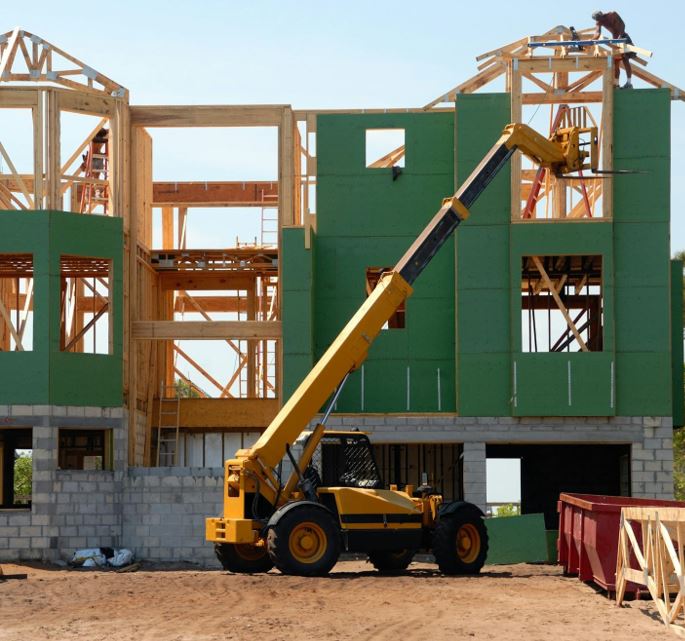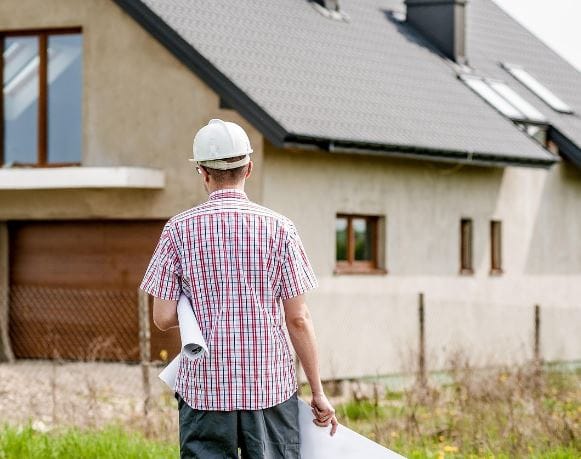Preventing Plumbing Disasters: Tips for Maintaining Your Home’s Pipes

Maintaining your home’s plumbing system is crucial for avoiding unforeseen disasters that can lead to costly repairs and significant damage. Regular upkeep can save you from the headaches of leaky pipes, clogged drains, and water damage. Properly caring for your plumbing ensures not only the efficiency of water flow but also the longevity of your pipes. Being proactive will help you spot potential issues before they escalate, leading to a safer and more comfortable home environment.
Understanding Your Plumbing System
Familiarizing yourself with your plumbing system is the first step in effective maintenance. Water supply lines, drain pipes, and vent pipes all play essential roles but vary in function. Water supply lines deliver potable water to faucets and fixtures, while drain pipes remove wastewater from your home. Vent pipes help regulate air pressure, ensuring smooth drainage. Recognizing the layout of these systems will empower you to manage basic maintenance tasks and identify problems quickly. In many households, plumbing systems consist of a combination of rigid and flexible piping materials such as PVC, copper, and PEX. The choice of materials affects the durability and efficiency of your plumbing system. Copper pipes, while long-lasting, can corrode over time, while PVC pipes are resistant to rust but may require additional care during installation and repair.
Regular Inspections
Conducting regular plumbing inspections can catch issues before they develop into costly repairs. Look for signs of leaks under sinks, around toilets, and near water heaters. Small puddles or water stains can indicate hidden leaks that, if left untreated, may lead to significant damage. Aside from visual inspections, it’s prudent to monitor your water bill. An unexplained spike in your bill may suggest a hidden leak somewhere in your plumbing system. Act quickly to investigate and remedy these issues, as early detection can save substantial amounts of money in repairs.
Know Your Water Pressure
Water pressure is an important factor in maintaining your plumbing system. High water pressure can cause pipes to wear down more quickly, leading to leaks and burst pipes. A pressure reading of 60 to 80 psi is generally considered optimal. Consider investing in a pressure gauge to regularly check your home’s water pressure. If you discover that your water pressure exceeds these values, a pressure-reducing valve can be installed to regulate it. This small investment can protect your plumbing system from the damage caused by excessive pressure and extend its lifespan significantly.
Protecting Pipes from Freezing
During colder months, frozen pipes can pose a serious threat to your plumbing system. When water in the pipes freezes, it expands and may cause the pipes to crack or burst. To prevent this, insulate your pipes in unheated areas like attics and crawl spaces. You can use pipe insulation or even old blankets for temporary measures. Keep the thermostat set to a consistent temperature, and consider letting faucets drip during extreme cold spells. Allowing a small trickle of water to flow through the pipes can prevent freezing and reduce the pressure build-up that might occur when water is entirely still.
Considering Professional Plumbing Services
While regular maintenance can often prevent minor plumbing disasters, there are times when professional help is invaluable. Scheduling annual inspections from dedicated plumbing services can ensure that any underlying issues are addressed promptly before they escalate. These experts can conduct thorough evaluations, spotting problems that may not be readily apparent during a casual inspection. As explained by experts from www.landrymechanical.com/, contractors can provide guidance on optimal maintenance practices and installation of upgrades. Whether that means installing a new water heater or re-piping sections of your home, engaging with plumbing services can be a wise investment in your property’s future integrity.
Water Heater Maintenance
Your home’s water heater is an essential appliance that requires regular upkeep to function effectively. Over time, sediment can build up in the tank, leading to reduced efficiency and potential leaks. It’s advisable to drain and flush your water heater annually to get rid of accumulated sediment. Check the pressure relief valve regularly. This crucial component prevents overpressure in the tank, so ensuring it operates correctly is essential for safety. If you notice any rust or leaks around the water heater, it’s a sign that you should consult a professional plumber to evaluate and repair the situation.
Addressing plumbing maintenance is an ongoing responsibility for every homeowner. Employing preventive strategies can help you avoid costly repairs and extensive damage down the line. Regular inspections, care in everyday actions, and knowing when to call the professionals are all part of nurturing a sound plumbing system. Following these practices helps preserve your home’s integrity while ensuring your family’s comfort.







